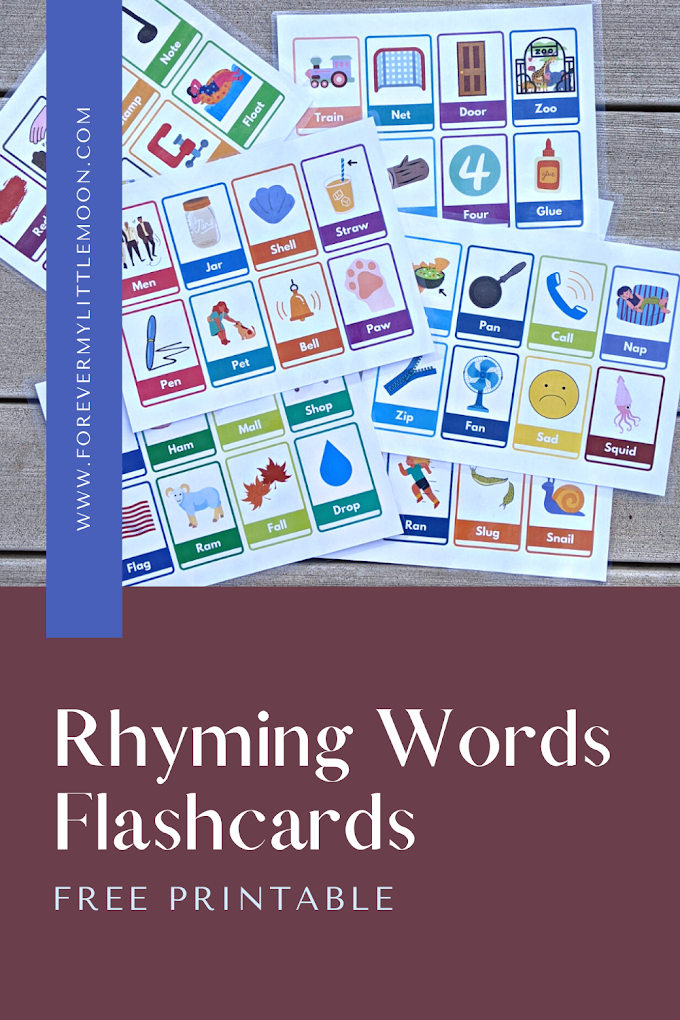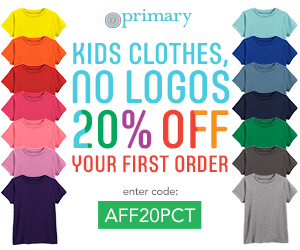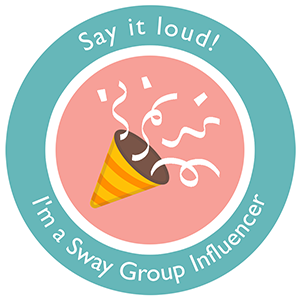New graphic novel coming out in March: Dark Agents: Violet and the Trial of Trauma by Janina Scarlet.
Available for Preorder on Amazon!

About The Author & New Series: Dark Agents
Dark Agents is written by US Clinical Psychologist, Janina Scarlet. Janina Scarlet was awarded the UN's Eleanor Roosevelt Human Rights Award for developing 'Superhero Therapy.' She experienced trauma as a child when she was exposed to Chernobyl radiation before arriving in the US as a refugee and is now helping teens through her new series, Dark Agents.In Janina Scarlet's new graphic novel, Dark Agents: Violet and the Trial of Trauma, Violet, a young witch, is battling to overcome the trauma of witnessing her parents’ murders, at the hands of one of the magical world’s most wanted villains.
Violet is selected to join the Underworld Intelligence Agency (UIA) at the age of 19. The UIA is an organization that was created to help keep the peace between magical and non-magical beings. Violet begins her training in magical law enforcement but soon finds the greatest challenges she faces are within herself.
With the help of her fellow students and her professors, Violet begins to process the trauma she experienced as a child. She learns mindfulness, self-compassion, and acceptance as she slowly starts to overcome her fear of death, self-doubt and struggle to control her emotions.
How Can Fiction Help Teens Overcome Trauma?
How can fiction help teenagers be heroes in their own journeys?
From the Author, Janina Scarlet:Most teens are not taught how to understand and cope with some of the challenges that they face, such as bullying, social pressures, and mental health. Through fiction, kids, teens, and adults can learn to identify their emotional experiences, learn that they are not alone in their struggle, and learn tools to help them manage their mental health.
How can fiction help young adults fight trauma?
From the Author, Janina Scarlet:Many people who go through a traumatic experience begin to isolate themselves from others, often shaming themselves for the traumatic event, or believing that others cannot understand what they are going through. Fictional characters undergoing a traumatic experience can help people to recognize that they are not alone in their struggle and learn ways of asking for help.
For example, many survivors of sexual assault reported a strong identification with Marvel’s Jessica Jones, especially as portrayed on Netflix. Seeing how Jessica isolates after her assault has reportedly allowed many survivors to see how social isolation can make the trauma survivor feel worse. And through seeing Jessica’s experiences, many trauma survivors are able to see that they are not alone.
In ‘Dark Agents,’ the readers learn about Violet, a young girl, who was persecuted for being a witch and whose parents were killed by an evil necromancer. Violet spent most of her childhood and adolescence in survival mode, never having the safety or the skills to cope with her traumatic past. When Violet joins Hades’ Underworld Intelligence Agency in order to learn to fight supernatural monsters, she realizes that she must also learn to face the internal monsters of her past.
Why is Mental Health for Teens Important?
- 20% of adolescents may experience a mental health problem in any given year (source).
- 50% of mental health problems are established by the age of 14 and 75% by age 24 (source).
- 70% of adolescents experiencing mental health problems have not had appropriate treatment early enough (source).
As someone who suffers from anxiety due to a traumatic childhood, who didn't see a therapist until she became a mother, I highly encourage talking to your kids at a young age about mental health and getting them the help they need. It is a lot easier to overcome trauma when young than it is as an adult.
Why did I wait so long?
Mental Health is so stigmatized that so many go without help, including me. Also, many teens lack the resources to help them. They don't know who to turn to. It can be even harder when the traumatic events are taking place in your own home. Who do you go to when you can't talk to your parents?
I believe the first step is to "normalize" mental health so more teens and adults aren't afraid to ask for help, whether it be from a friend, a school counselor, a therapist, or their parent. If they can't afford these things or don't have anyone they feel safe enough to talk to, then access to books, like Dark Agents, would be the next best thing to help them heal.
Untreated trauma can have tragic consequences.
How can teens (and adults) help fight the stigma around mental health?
From the Author, Janina Scarlet:The best way that teens can help fight stigma about mental health is by sharing their experiences. I have worked with many teens in therapy, who after learning about managing their mental health, went on to start a mental health club in their high schools. In these clubs, the students meet and discuss what they are going through, support one another, watch movies (e.g., “Inside Out”) or read books related to mental health and discussions about mental health coping skills.
Why we need to raise awareness of teens with PTSD?
From the Author, Janina Scarlet:
To this day, many people think that PTSD is something that only active duty service members or combat veterans have. However, most people will experience at least 1 traumatic event in their life, such as a car accident, sudden loss of a loved one, school shooting, sexual or physical assault, bullying, and other types of trauma. Of those exposed to trauma, approximately 10-20% might develop PTSD, while others might recover naturally over time.
Nowadays, many teens are exposed to trauma of some kind. Untreated mental health disorders, such as PTSD and depression can put people at higher risk for suicide. Unfortunately, suicide is now the second leading cause of death in teens and young adults. Therefore, raising awareness about trauma and its effects on mental health can potentially save lives.
Final Thoughts
I may be a 28-year-old adult, but I loved this book. I have been reading manga and watching anime since I was in middle school. These were actually my ways to escape the reality I lived and are what inspired me to write. I wrote a lot of stories through high school, most of which cause me to laugh when I think about them. There was so much I didn't know back then as a kid. My writing has since matured and even now I have dived back into the fanfiction world.I loved how the book incorporated mindfulness and through the characters, showed techniques on how to combat negative thoughts.
Even though I have gone to therapy myself, the "feeling grounded" technique was new to me and definitely one I practice now. Though Violet, the main character, has a more traumatic past than I could relate to, I could still relate to how she felt. There are plenty of other characters in the book struggling with their own demons, many of which are easier to relate to, so definitely recommend giving it a read!
Overall, I think every teen, young adult, and even adults should give this book a shot! The story is full of magic and well put together. I can't wait to find out what happens next!
Available for Preorder on Amazon!



















